CALL TODAY 646-846-1136 | EMAIL
Surgical Experts Dedicated to Improving Lives
At Lenox Hill Minimally Invasive Surgery PLLC, Dr. Valery Dronsky and his staff of medical professionals provide compassionate care with the highest ethical & professional standards. In our state of the art facility, we offer surgical services using only the most cutting edge and current procedures and treatments. We specialize in general surgery, including extensive experience in performing hernia repair surgery. Our expertise is in minimally invasive surgery and robotic surgery. Minimally invasive and robotic surgery often allow patients to experience easier recovery than traditional open surgery. They also allow for more precise and less traumatic surgery. When robotic and minimally invasive surgery is not an option, we are also skilled and experienced in traditional open surgical procedures.
Dr. Dronsky is an experienced and highly skilled surgeon having undergone extensive training in school, residency and fellowships. He practices medicine with ethical behavior, compassion and superb bedside manner. In the operating room he exhibits precision mechanical abilities, analytical thinking and the ability to visualize tissue in three dimensions. These innate and learned skills allow Dr. Dronsky to be one of the most dexterous and skilled professionals in New York City and the Country.
Call us: 646-846-1136
PATIENT TESTIMONIALS
Recent Awards
We are honored and deeply appreciative to have consistently received prestigious awards and recognition year after year, establishing us as one of New York’s foremost hospitals for a wide range of general surgeries, safety measures, specialized procedures, and overall excellence in healthcare. At Lenox Hill Minimally Invasive Surgery, our unwavering commitment lies in delivering exceptional care and unwavering support to our patients, guaranteeing their safety and successful recovery throughout their entire surgical experience.
Hospital Quality Awards
 America’s 50 Best Hospitals Award™ (2023, 2022)
America’s 50 Best Hospitals Award™ (2023, 2022)
Top 1% in the nation for providing the highest clinical quality year over year.

America’s 100 Best Hospitals Award™ (2021)
Top 2% in the nation for consistently delivering clinical quality year over year.

America’s 250 Best Hospitals Award™ (2023, 2022, 2021)
Top 5% in the nation for consistently delivering clinical quality.

Patient Safety Excellence Award™ (2023, 2022)
Top in the nation for providing excellence in patient safety by preventing infections, medical errors, and other preventable complications.
Specialty Clinical Quality Awards

America’s 100 Best Hospitals for Cardiac Care Award™ (2023, 2022, 2021, 2020, 2019)
Superior clinical outcomes in heart bypass surgery, coronary interventional procedures, heart attack treatment, heart failure treatment, and heart valve surgery.

America’s 100 Best Hospitals for Coronary Intervention Award™ (2023, 2022, 2021, 2020, 2019)
Superior clinical outcomes in coronary intervention procedures (angioplasty with stent).

America’s 100 Best Hospitals for Prostate Surgery Award™ (2023, 2022, 2021)
Superior clinical outcomes in prostate removal surgery and transurethral resection of the prostate.
Click to see all of our Healthgrades best doctors awards
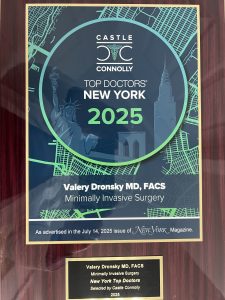
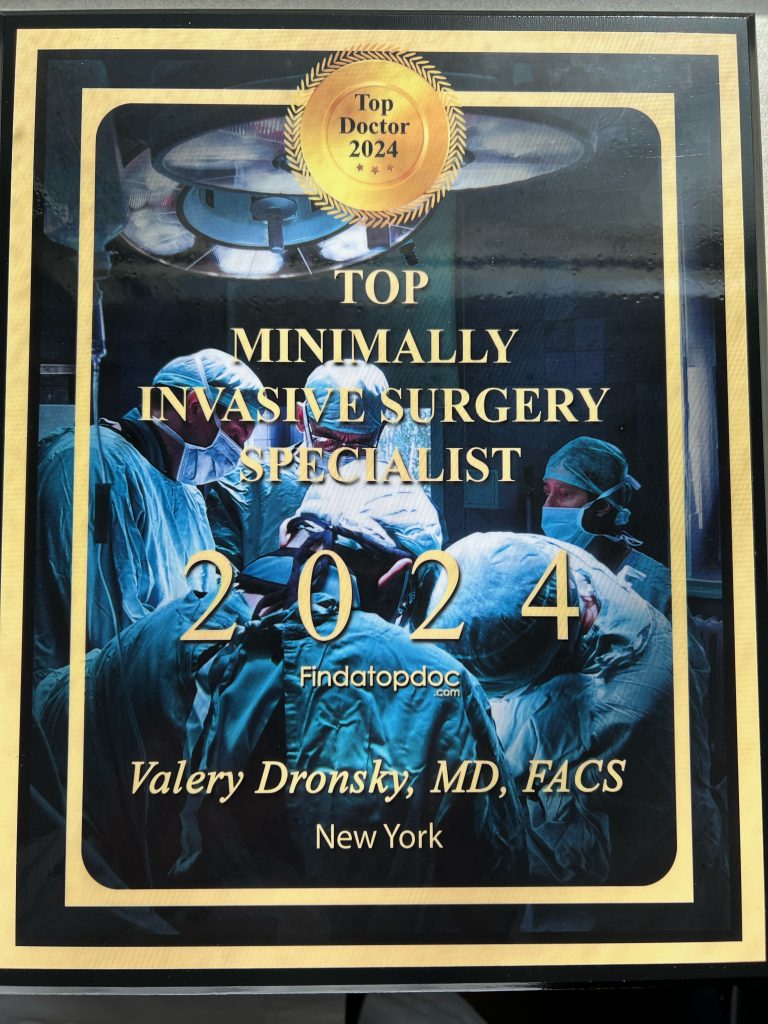
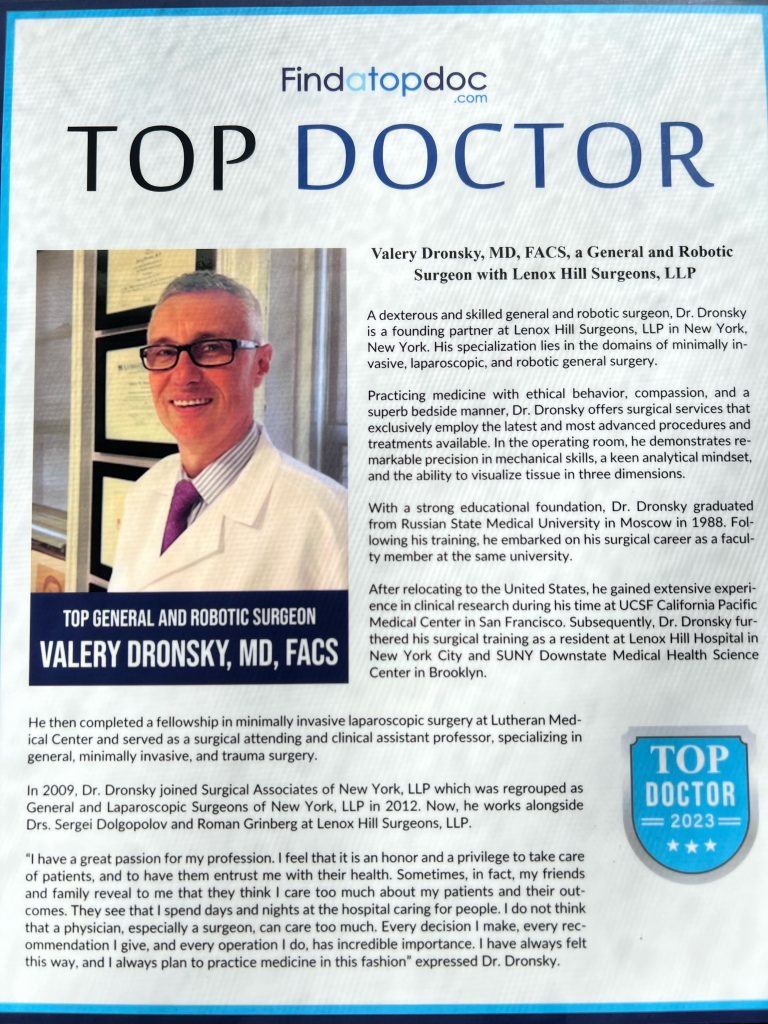


Visit our main website at www.LenoxHillMinimallyInvasiveSurgery.com
Blog Posts are Below:
Category Archives: Post operative
Post Surgery Recovery: Tips for a Smooth Healing Process
What are some good post surgery recovery tips? Recovering after surgery is just as important as the procedure itself. Whether you’ve undergone a minimally invasive laparoscopic operation or a more traditional open surgery, the healing process plays a vital role in ensuring optimal results and minimizing complications. While each individual and procedure may differ, there are universal strategies that can help support your recovery and enhance your overall well-being.
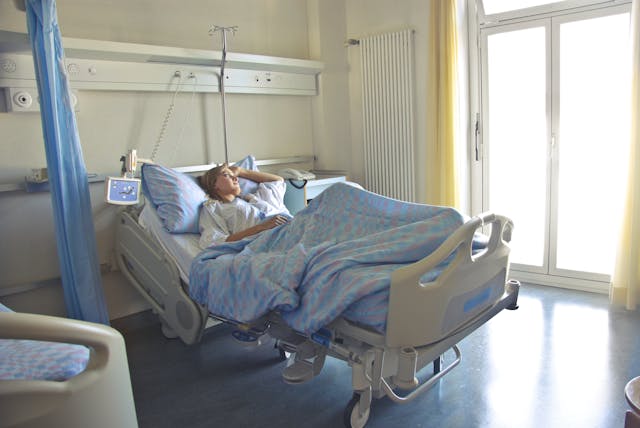
Follow Your Surgeon’s Instructions
Your post-operative instructions are tailored specifically to your surgery and individual health needs. These guidelines may include details on:
- Activity restrictions (e.g., lifting limits, walking requirements)
- Wound care and hygiene
- Medication usage
- Signs of infection or complications
Always follow these instructions closely and don’t hesitate to ask your care team for clarification if anything is unclear.
Pain Management Strategies
Managing pain effectively is essential for maintaining comfort and allowing you to move and heal. Most surgical pain improves gradually over time, but staying on top of it can prevent unnecessary stress and promote a smoother recovery.
- Take prescribed pain medications as directed
- Use ice packs or heating pads if recommended
- Practice deep breathing and relaxation techniques to reduce tension
- Discuss alternative pain relief options such as nerve blocks or over-the-counter medications with your doctor
Avoid waiting until the pain becomes unbearable. It’s more effective to manage pain preventively than to respond reactively.
Support Healing Through Nutrition
Your body requires energy and nutrients to rebuild tissue and fight off infection. A well-balanced diet can aid significantly in your healing process.
- Eat lean proteins like chicken, eggs, beans, and fish to support tissue repair
- Include fiber-rich foods to prevent post-surgical constipation
- Drink plenty of water to stay hydrated
- Limit sugar, alcohol, and processed foods
If you experience appetite loss or nausea, try eating small, frequent meals throughout the day.
Wound Care and Infection Prevention
Surgical site infections are one of the most common complications after surgery—but they’re largely preventable. Proper wound care helps reduce your risk and supports faster healing.
- Keep the surgical area clean and dry as instructed
- Do not remove surgical dressings or sutures unless directed
- Watch for signs of infection, such as redness, swelling, drainage, or fever
- Wash your hands thoroughly before touching the wound site
If you notice any signs of infection or unusual symptoms, contact your surgeon immediately.
Physical Activity and Gradual Mobility
While rest is important, so is movement. Early, gentle activity helps promote blood circulation, prevent blood clots, and reduce the risk of complications.
- Begin with short walks around the house or hospital
- Avoid strenuous activities, heavy lifting, and vigorous exercise until cleared
- Follow any prescribed physical therapy or stretching routines
- Listen to your body—don’t push through fatigue or sharp pain
Resuming normal activities gradually is key to building strength without risking injury.
Mental and Emotional Recovery
Surgery can be physically and emotionally taxing. Anxiety, fatigue, or even depression are common during recovery. Be kind to yourself and allow time for both physical and emotional healing.
- Stay connected with loved ones and accept help when offered
- Practice mindfulness, meditation, or journaling to reduce stress
- Talk to a mental health professional if feelings of sadness or anxiety persist
Healing is a holistic process, and your mental health plays a vital role in your physical recovery.
Know When to Call Your Doctor
While some discomfort is expected after surgery, certain symptoms warrant immediate medical attention. Contact your surgeon if you experience:
- Persistent or worsening pain
- Fever over 101°F (38.3°C)
- Excessive bleeding or wound discharge
- Difficulty breathing or chest pain
- Swelling in your legs or pain in the calf (a possible sign of a blood clot)
Early intervention can prevent minor issues from becoming serious problems.
Conclusion: Take an Active Role in Your Recovery
Recovery is a partnership between you and your surgical team. By staying informed, following recommendations, and listening to your body, you can set yourself up for a safe and successful healing process. Every step you take toward recovery matters—and with patience and consistency, you’ll be back to your routine feeling stronger than ever.
Need Guidance After Surgery?
If you’re preparing for surgery or currently recovering and want expert care every step of the way, the dedicated team at Lenox Hill Minimally Invasive Surgery PLLC is here for you. From advanced procedures to post-operative support, our mission is to help you heal with confidence.
LENOX HILL MINIMALLY INVASIVE SURGERY PLLC
Dr. Valery Dronsky
117 E 77th Street
New York, NY 10075
646-846-1136
admin@lenoxmis.com
Post-Surgery Recovery Tips: How to Heal Faster
Post-surgery recovery is a critical phase that requires careful attention and adherence to medical advice. Here are some essential tips to help you heal faster and more effectively.
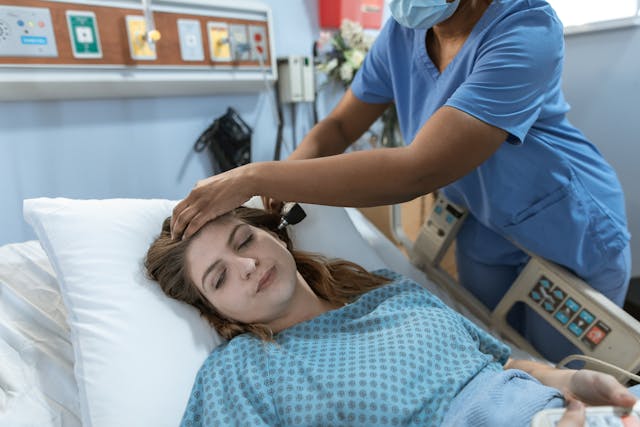
Follow Postoperative Instructions
Adhering to your surgeon’s postoperative instructions is crucial for a smooth recovery. These guidelines are tailored to your specific surgery and include advice on wound care, medication, activity levels, and follow-up appointments.
Manage Pain Effectively
Pain management is essential for recovery. Take prescribed pain medications as directed and use additional methods like ice packs, elevation, and rest to alleviate discomfort. Discuss any pain management concerns with your healthcare provider.
Maintain a Healthy Diet
Nutrition plays a vital role in healing. Eat a balanced diet rich in proteins, vitamins, and minerals to support tissue repair and boost your immune system. Stay hydrated by drinking plenty of water.
Stay Active, but Rest Appropriately
Light physical activity, such as short walks, can promote blood circulation and prevent complications like blood clots. However, avoid strenuous activities that might strain your surgical site. Follow your surgeon’s advice on when and how to resume normal activities.
Monitor for Signs of Complications
Watch for signs of complications, such as increased pain, swelling, redness, fever, or discharge from the surgical site. Early detection and prompt communication with your healthcare provider can prevent minor issues from becoming serious.
Attend Follow-Up Appointments
Follow-up appointments allow your surgeon to monitor your progress and address any concerns. Attend all scheduled visits and discuss any symptoms or issues you’re experiencing.
Practice Good Wound Care
Proper wound care is essential to prevent infection and promote healing. Keep the surgical site clean and dry, and follow your surgeon’s instructions for changing dressings. Avoid soaking the wound in water until it is fully healed.
Get Plenty of Rest
Rest is vital for recovery. Ensure you get adequate sleep and take naps as needed. Resting helps your body repair tissues and regain strength.
Avoid Smoking and Alcohol
Smoking and alcohol can impair the healing process. Avoid these substances during your recovery period to ensure optimal healing.
Stay Positive and Patient
Recovery takes time, and maintaining a positive attitude can help you stay motivated and adhere to your recovery plan. Be patient with yourself and allow your body the time it needs to heal fully.
Post-Surgery Recovery: Conclusion
By following these post-surgery recovery tips, you can enhance your healing process and reduce the risk of complications. Always communicate with your healthcare provider about your progress and any concerns you may have.
For personalized post-surgery care and support, contact the specialists at Lenox Hill Minimally Invasive Surgery. Our highly experienced surgical team is dedicated to providing the highest quality care throughout your recovery journey.
Contact Information:
LENOX HILL MINIMALLY INVASIVE SURGERY
117 E 77th Street
Suite 1A
New York, NY 10075
646-846-1136
admin@lenoxmis.com
https://lenoxhillminimallyinvasivesurgery.com/















